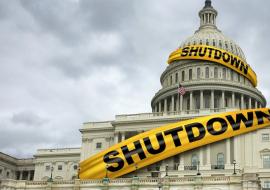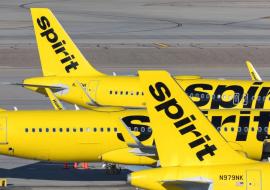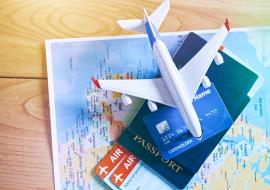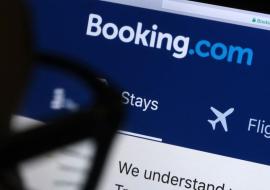US Airlines Protest Bush´ Budget Proposal to Double Aviation Security Taxes
Fifteen leading airline, business and labor groups has urged the US Congress to reject a federal budget proposal by President Bush that would double aviation security taxes, costing travelers and U.S. carriers $1.5 billion.
The groups assert the new security tax will kill jobs, economic growth and jeopardize local air service to small- and medium-size communities.
Group leaders also argue that the federal government is breaking its 9/11 promise to pay for aviation security as a matter of national defense. U.S. airlines and travelers already will contribute $15.8 billion through 14 different federal taxes and user fees in 2005.
The total tax burden represents 26 percent of a typical $200 roundtrip ticket, up from 7 percent 20 years ago.
Of the $15.8 billion in total federal taxes and fees, U.S. travelers and airlines pay more than $3.2 billion in aviation security taxes. The new $1.5 billion security tax proposal, which raises the 9/11 security fee for air travelers from $2.50 to $5.50, would increase total security tax burden to $4.7 billion.
This is the same amount airlines would spend to employ about 60,000 people or put in place 360,000 flights to US communities. U.S. carriers are estimated to have lost $10 billion in 2004.
In a press briefing, ATA predicted airlines will lose $5 billion in 2005. The new tax increase will raise those losses to $6.5 billion, because airlines can´t pass along these new taxes due to competition.
In the last three years, U.S. airlines have lost $33 billion, laid-off 123,000 employees, about one in five airline jobs, and shaved $12 billion in operating costs. The groups assert the airline industry can´t absorb any new tax or fee increase without substantial job losses and
less airline service.














